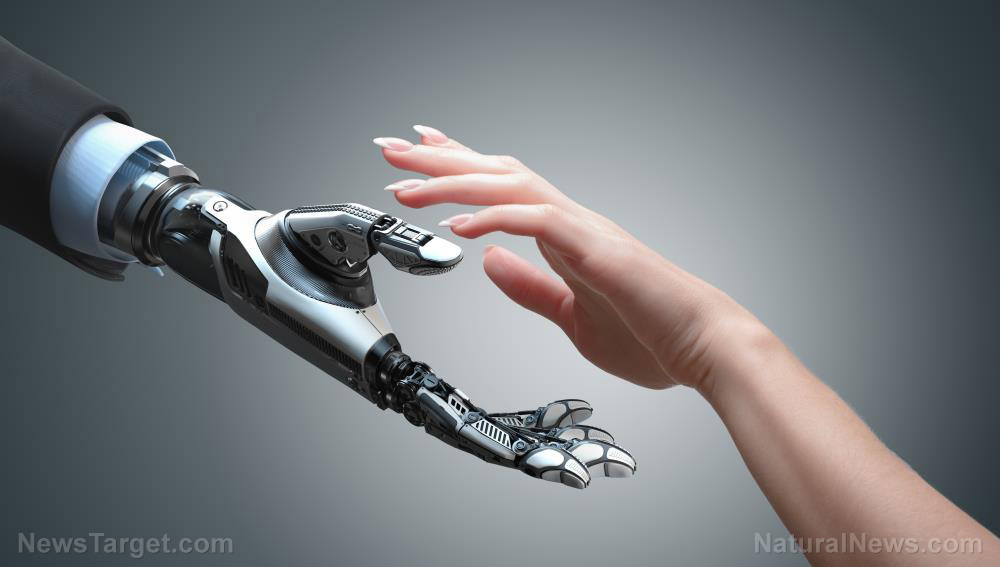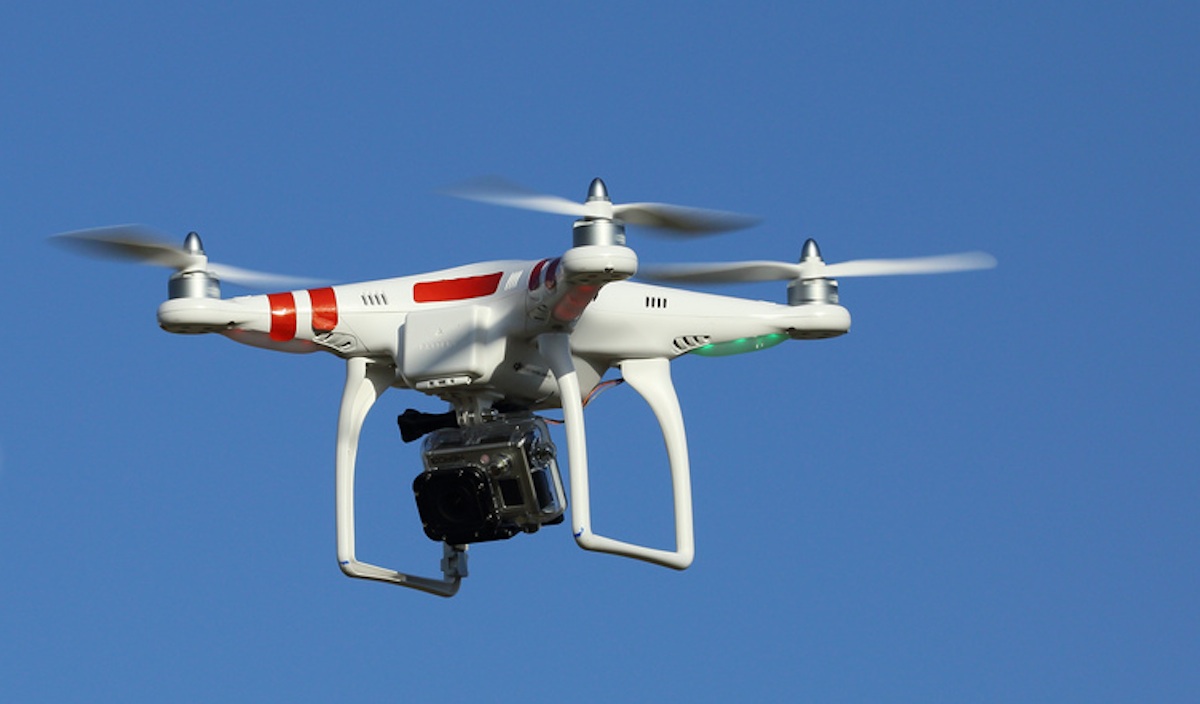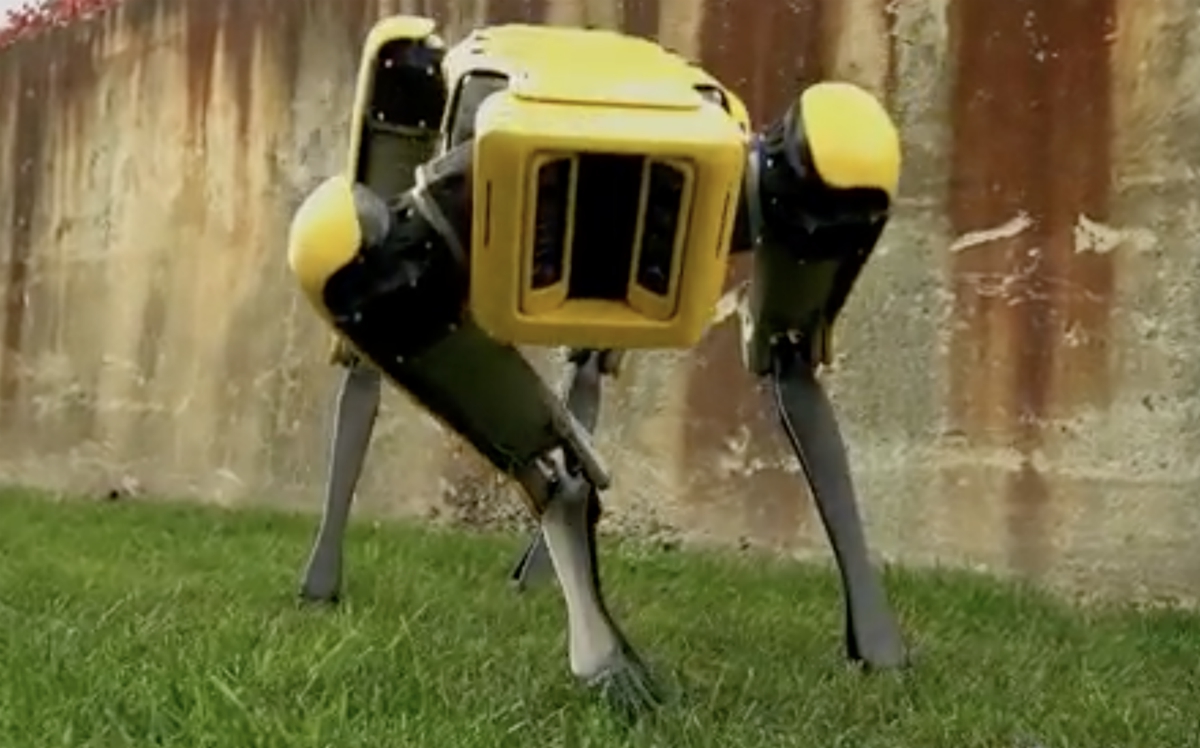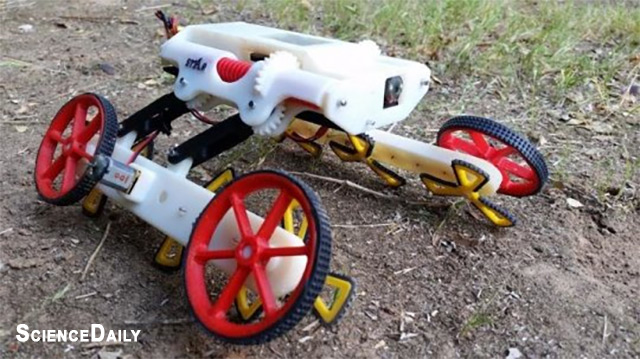Customer service, retail and warehouse jobs to be obsolete: Experts predict 1 in 5 jobs will be lost to robots in the next decade
02/19/2018 / By Jhoanna Robinson
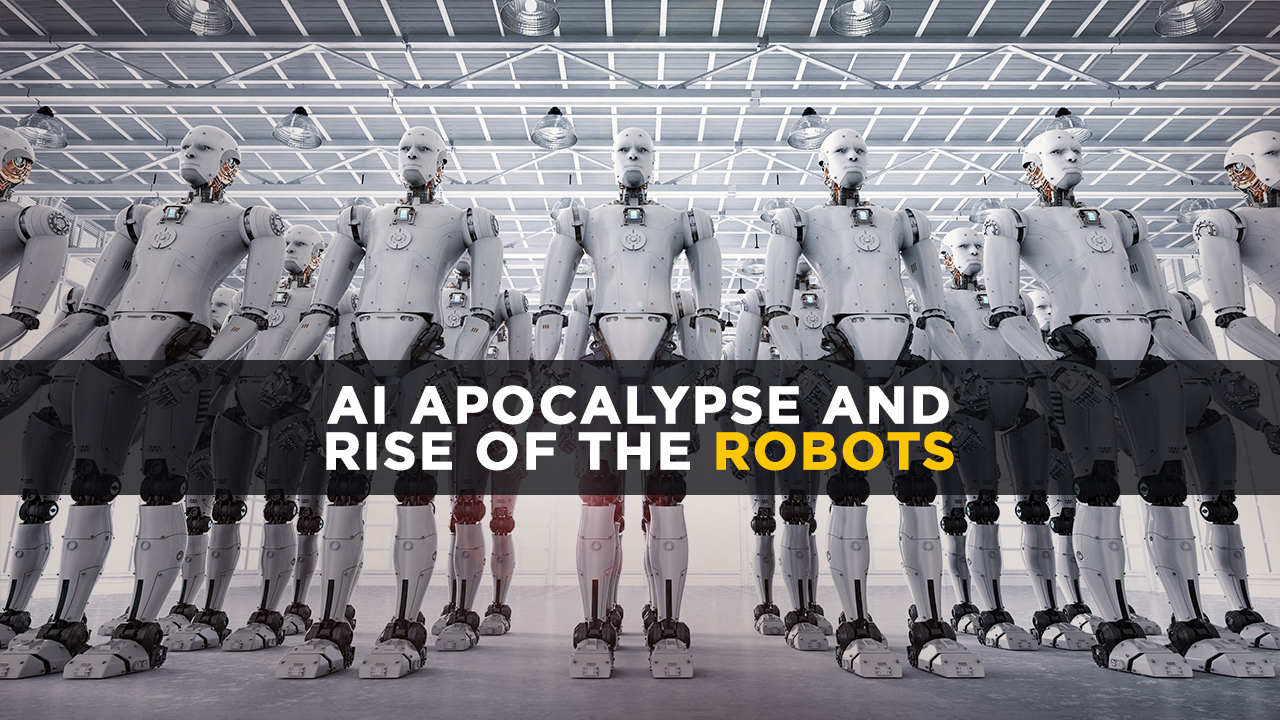
Robots could replace humans in one out of five jobs in British cities within the next 12 years, or 2030, a new report from independent think-tank Centre for Cities showed.
Retail, customer service, and warehouse jobs are the ones most at risk of being infiltrated by artificially intelligent beings, with struggling cities in the North and Midlands to be the most affected. According to the study, cities such as Mansfield, Sunderland, and Wakefield could experience having two out of five jobs lost, while Cambridge and Oxford could risk losing 13 percent of employment opportunities.
One in 10 jobs are in occupations that have bright futures, while new industries would create positions which currently do not exist, the study predicted. (Related: Robots to take over jobs in human service industry, increasing the percentage of unemployed Americans)
Centre for Cities chief executive Andrew Carter said there is a need for local and national authorities to create a way so that “people in cities across the North and Midlands can share in the benefits” of automation and globalization. “That means reforming the education system to give young people the cognitive and interpersonal skills they need to thrive in the future, and improving school standards, especially in places where jobs are most at risk.
Aside from that, investment in technical education to aid workers in assimilating to the changing labor market and training opportunities for people who become retrenched because of these developments need to be put in place. “The challenges and opportunities ahead for Blackburn are very different to those for Brighton. The government needs to give cities more powers and resources to tackle the issues that automation and globalization will present, and to make the most of the benefits they will bring,” Carter said.
Robotics can be a tool for warehouse job development
According to Wall Street Journal chief economics commentator Greg Ip, robotics can positively impact the future of warehouse workers in retail.
Ip said that disruptions in known industries had caused positive effects on the industries in general. “This concept goes back to 1859, and it was reiterated during the early 1970s and 1980s as automated teller machines (ATMs) became popular. Economists believed ATMs would result in a dramatic reduction in the number of banking positions.
While the overall number of employees per bank decreased by one-third over the next 30 years, the operating costs of banks decreased. As a result, more banks opened, creating more jobs.”
Ip said that automation would not necessarily mean that robots would be taking over people’s jobs – automation could simply mean improving practices, thereby making employees’ jobs more efficient for them.
For instance, automated forklifts and carts do away with the necessity to walk between picking bands. Other uses for automated machines include packaging, labeling, shipping, and final distribution of products through a company’s logistics network.
Automated systems like ConfigBuilder and TestLead enable companies to improve the configuration of warehouse management systems (WMS) and decrease expenses corresponding to testing and implementing a new WMS, giving them more money to invest in employees.
This is the case that many retailers now offer advantageous employee benefits such as tuition assistance, health and wellness programs, better schedules, and even better salaries. Warehouse workers can get as much as a 31 percent increase in wages compared with their previous positions in traditional retail.
For more stories regarding artificial intelligence and its effect on the lives of humans, visit Robotics.news.
Sources include:
Tagged Under: american workers, automation, Centre for Cities, future tech, Globalization, joblessness, jobs, obsolete, robotics, service industry, unemployment, warehouse


